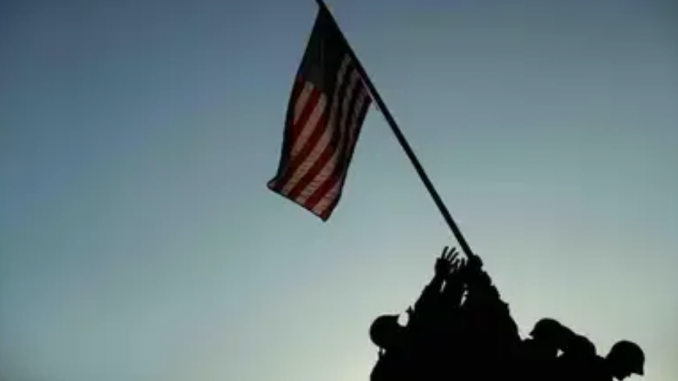
Just prior to Flag Day on Monday, Campus Reform reporter Ophelie Jacobson visited the University of Texas at Dallas to chat with students about what they believe the American flag symbolizes.
And not only did they not know much if anything about Flag Day, most of the interviewees didn’t have a very high opinion about Old Glory.
What are the details?
When Jacobson asked one student what things come to mind when he sees an American flag, he offered a doozie of a response: “A lot of things come to mind. First of all, war. Second of all … we’ve also taken a bit of land from Native Americans, so that’s unfortunate, too. And it’s just really terrible that we’ve done all these things, and this flag kind of reminds me of that — of all the sins we’ve committed against others.”
She then asked if he agreed with other students who say the flag symbolizes oppression, racism, and genocide, and he replied, “Yes, wholeheartedly. We’ve done so much under that banner … and the whole patriotism thing just sweeps all that narrative of racism, oppression, and the like under the rug.”
A female student couldn’t have been more simpatico.
“I guess I don’t look at [the American flag] positively … I do look at it negatively,” she said, adding that “I don’t agree with [what] this country was found upon completely … a lot of injustice … a lot of genocide. I see a lot American flags on church grounds, which i find very … like, not trustworthy ‘cuz I don’t like the idea of tying in politics with religion, which is what this country does, even still today.”
A different male student said that “absolute love of the American flag … is very obviously correlated to, like, extremism … nationalism.”
Another female student said she’s “definitely seen the American flag used as a racist symbol … you see people show up to, like, [former President Donald] Trump rallies with their flags, waving it, screaming in people’s faces. Well, then, yes … it makes it obvious what it means to them.”
Anything else?
Not surprisingly, some students mistook Flag Day (June 14) for Juneteenth (June 19).
In addition, when asked if Flag Day should be celebrated, the first male student had a terse reply: “F*** no.”
And the female student who disagreed with American flags on church grounds said that while people should celebrate Flag Day if they choose to, she “personally wouldn’t because I don’t entirely love this place as much as some people do.”
*story by The Blaze


